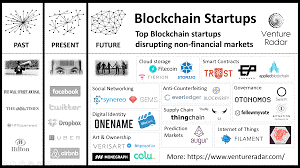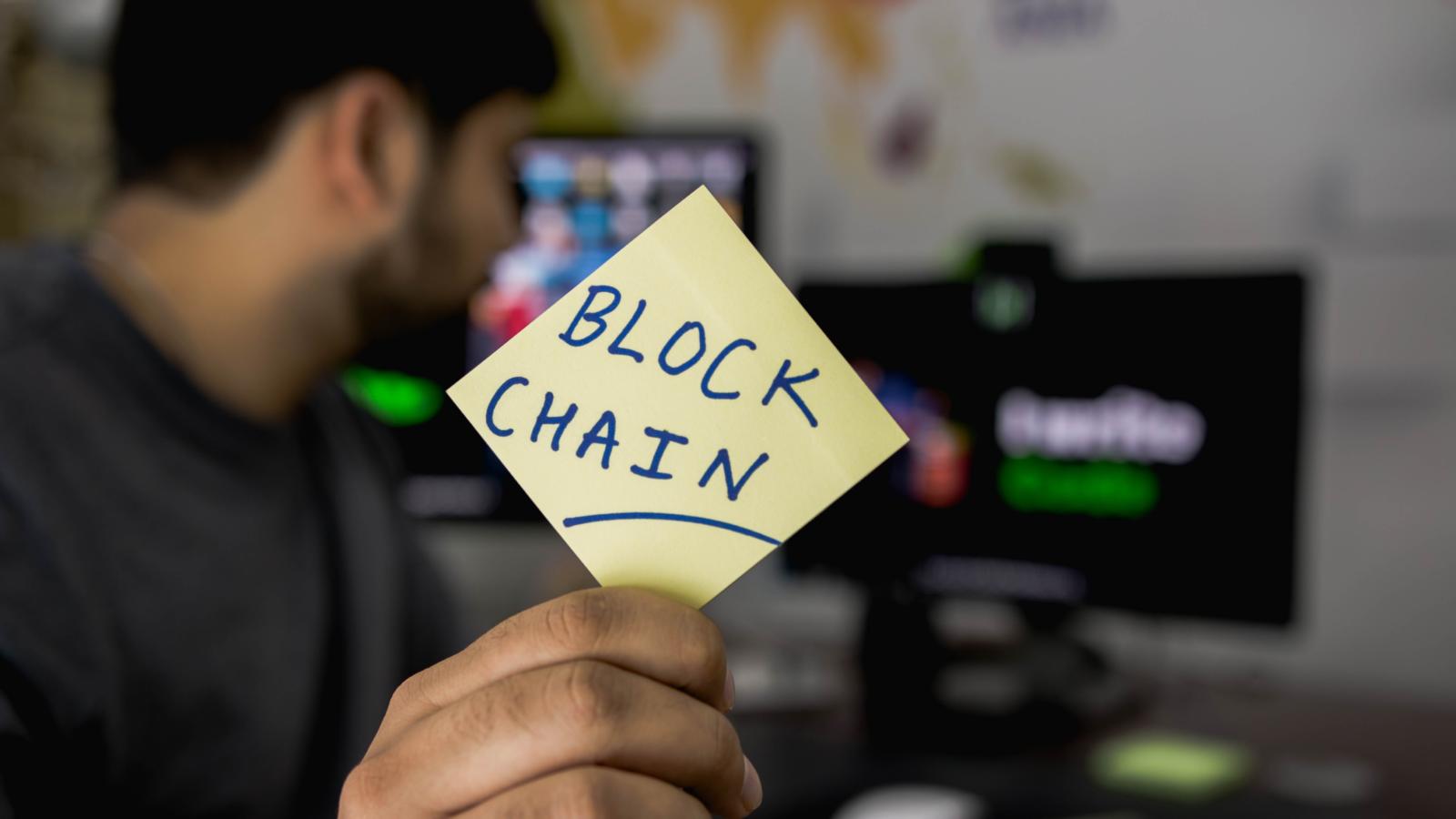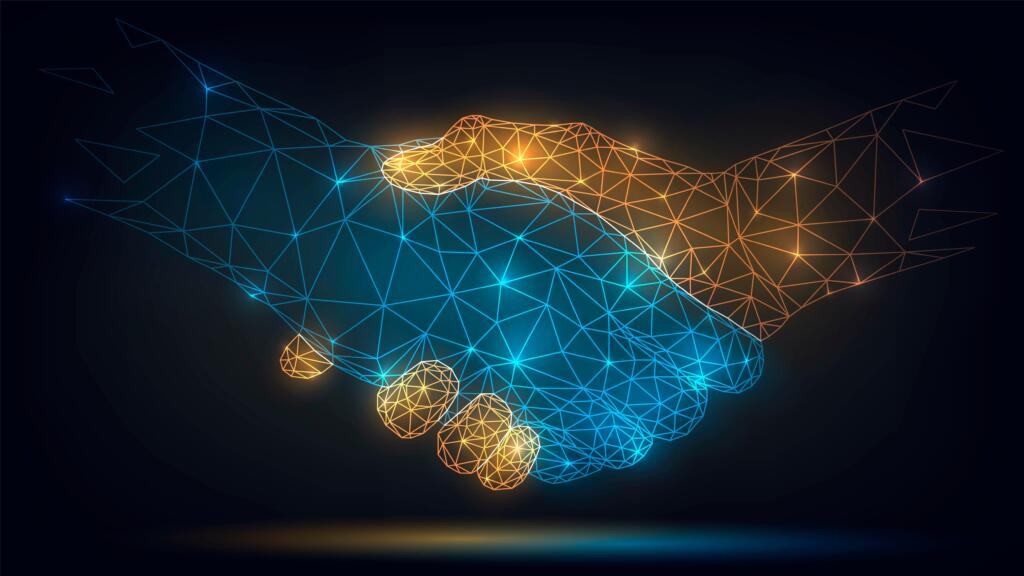2016 has been a year of political unrest, delivering shock results which created waves across the globe. Led by polls and the ‘experts’ advice, we were lulled into a false sense of security; first Brexit, then the Trump election win, has left us surprised.
This new rule could be just the beginning of the end for much more supposedly “trusted” institutions and one of the technologies which could accelerate their demise is ‘Blockchain’.

What is Blockchain?
Blockchain is a simple technology but describing what it can do, or how it can disrupt, is more difficult.
It can be described as many things by many people; a database with massive resiliency and no single point of failure; a platform on which to build new applications with security provided by a network of computer nodes and encryption; or a transparent, trusted marketplace where assets and value can be exchanged.
Blockchain as a platform for change
Right now our businesses and personal lives are dependent on central organisations to verify, arbitrate and make decisions for us. Traditionally, trust has been bestowed on financial institutions, registration offices, polling stations and even social networks which are trusted with our digital identity. In the past decade, this has been called into question. The financial crises dented our confidence in the big banks and professional political commentators damaged our trust in polls and election processes. Social media has connected us with many more people but like some digital echo chamber, with people just “like” us, people from the same backgrounds who reinforce our view of the world. This only builds higher digital walls between people from different social or economic backgrounds.
This is changing, big banks are working on Blockchain primarily to make current processes more efficient and to cut costs. Meanwhile “Fintech” start-ups are completely re-engineering old processes and offering new services. In Ukraine, the government in 2016 used Blockchain technology in local elections to build trust and help eliminate fraud,(the full article can be read here.) If nobody believes the polls in the UK or US elections maybe an election polling Blockchain, with built-in anonymity and security, would be a more trusted prediction vehicle?
It’s very anonymity makes it a strange platform for social media but even the quasi-religious language of Blockchain makes you wonder just what’s possible (followers refer to the first block in the Blockchain as the “genesis block”).

How quickly will Blockchain be adopted?
The adoption curve for Blockchain could be even faster than that of the World Wide Web. Both technologies require the internet to function. However twenty years ago, in 1996, only 1% of the world’s population had an internet connection. Fast track to 2016 and 47% have an internet connection. Also, when you consider two billion smartphones are now in circulation, Blockchain has the potential to be adopted much faster than the World Wide Web. In five years’ time it might be more common to hear “is it on the Blockchain?” rather than “is it in the database?”
 The last few years have seen the incredible rise of disruptive platforms changing business models using web 2.0 services. Good examples are Uber and Airbnb, the former being the only taxi firm not to own cars and the latter the largest hotel which doesn’t own any property. These platforms, however, are still centrally controlled and trust remains a problem. These disruptors now face disruption themselves from true peer to peer sharing where no one organisation controls the exchange of value. Instead, it is achieved through distributed, decentralised networks where value can be both created, shared and exchanged. Blockchain provides frictionless and democratised trust and could deliver on the internet’s potential to bring power to the user, a promise the web has only partially delivered on. One example of a storage company disrupting the file sharing marketing is Maidsafe which has built a secure, decentralised peer to peer network to store your files; this is more secure than centrally controlled sites such as Dropbox.
The last few years have seen the incredible rise of disruptive platforms changing business models using web 2.0 services. Good examples are Uber and Airbnb, the former being the only taxi firm not to own cars and the latter the largest hotel which doesn’t own any property. These platforms, however, are still centrally controlled and trust remains a problem. These disruptors now face disruption themselves from true peer to peer sharing where no one organisation controls the exchange of value. Instead, it is achieved through distributed, decentralised networks where value can be both created, shared and exchanged. Blockchain provides frictionless and democratised trust and could deliver on the internet’s potential to bring power to the user, a promise the web has only partially delivered on. One example of a storage company disrupting the file sharing marketing is Maidsafe which has built a secure, decentralised peer to peer network to store your files; this is more secure than centrally controlled sites such as Dropbox.
The human factor
With Blockchain’s ability to disintermediate the established levers of power perhaps the biggest threat to the adoption of the technology is the regulators and the pillars of power. The Iranian government very quickly killed the “Twitter Revolution” back in 2009 through fear and control of the network. Next time it might not be so easy with Blockchain technology.
Stay tuned for Part 2 of this blog: The case against Blockchain



